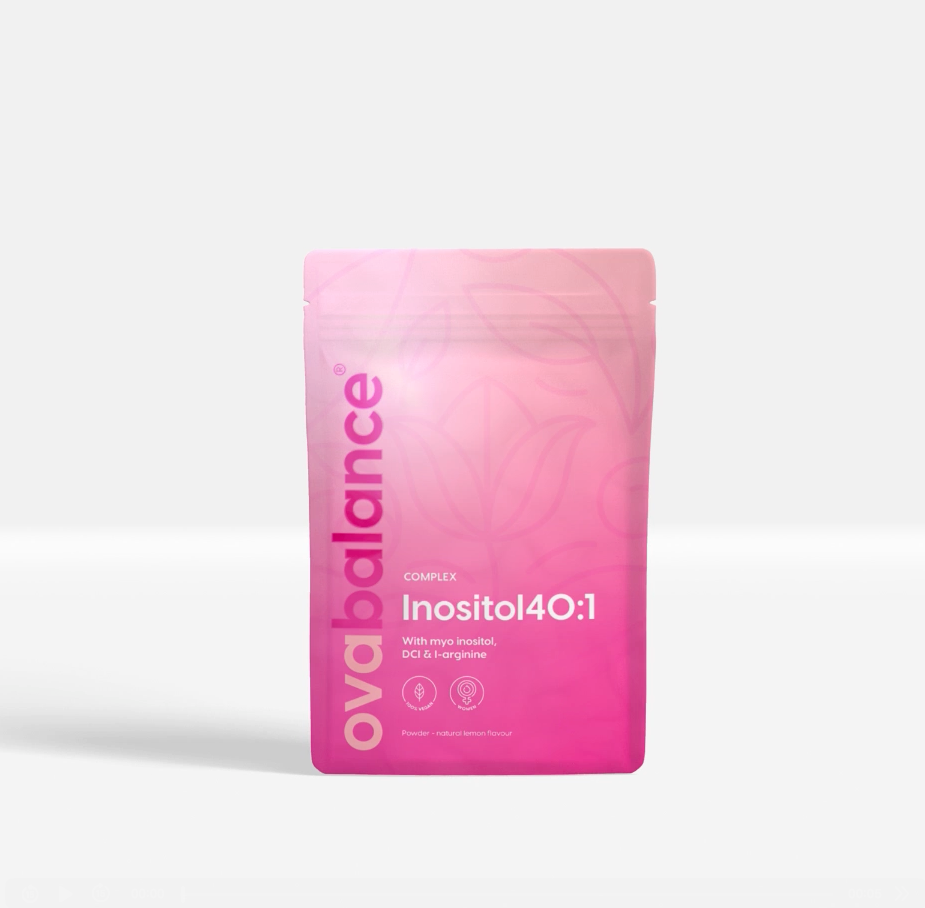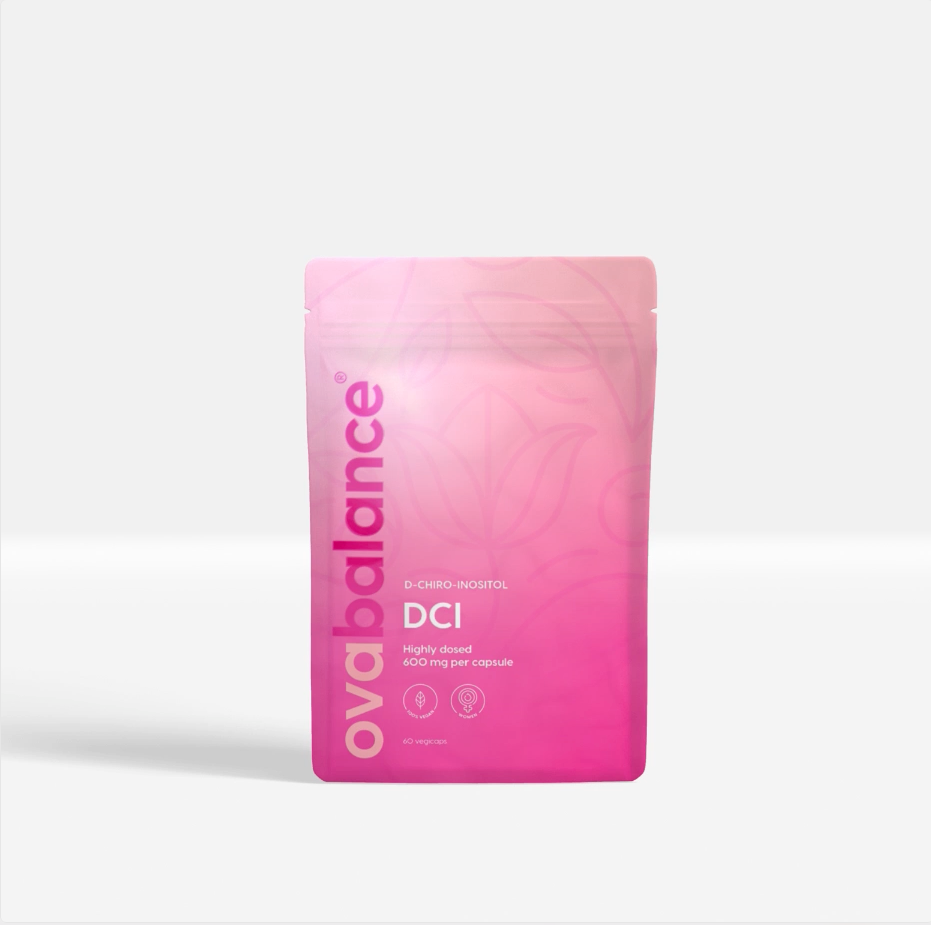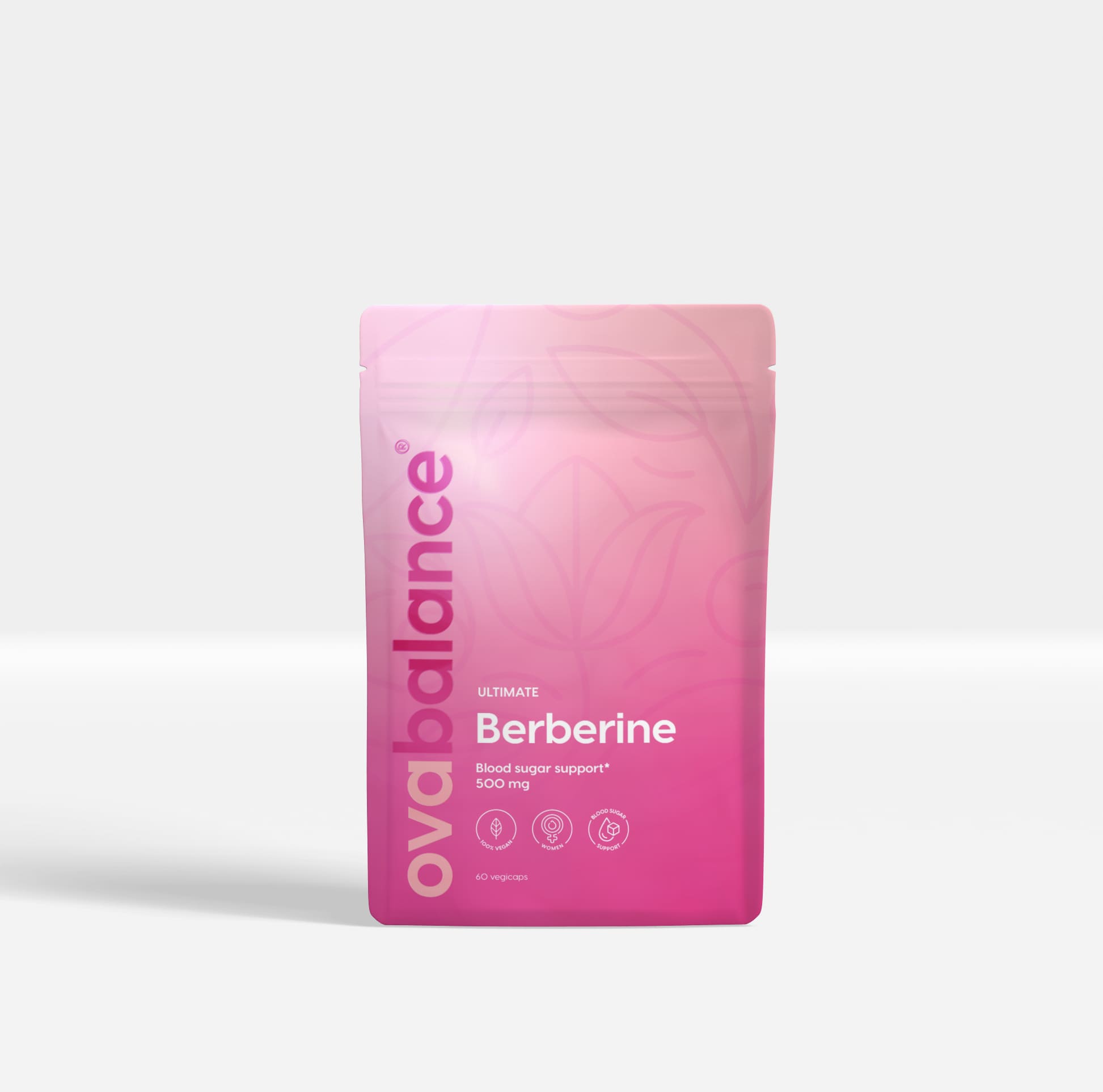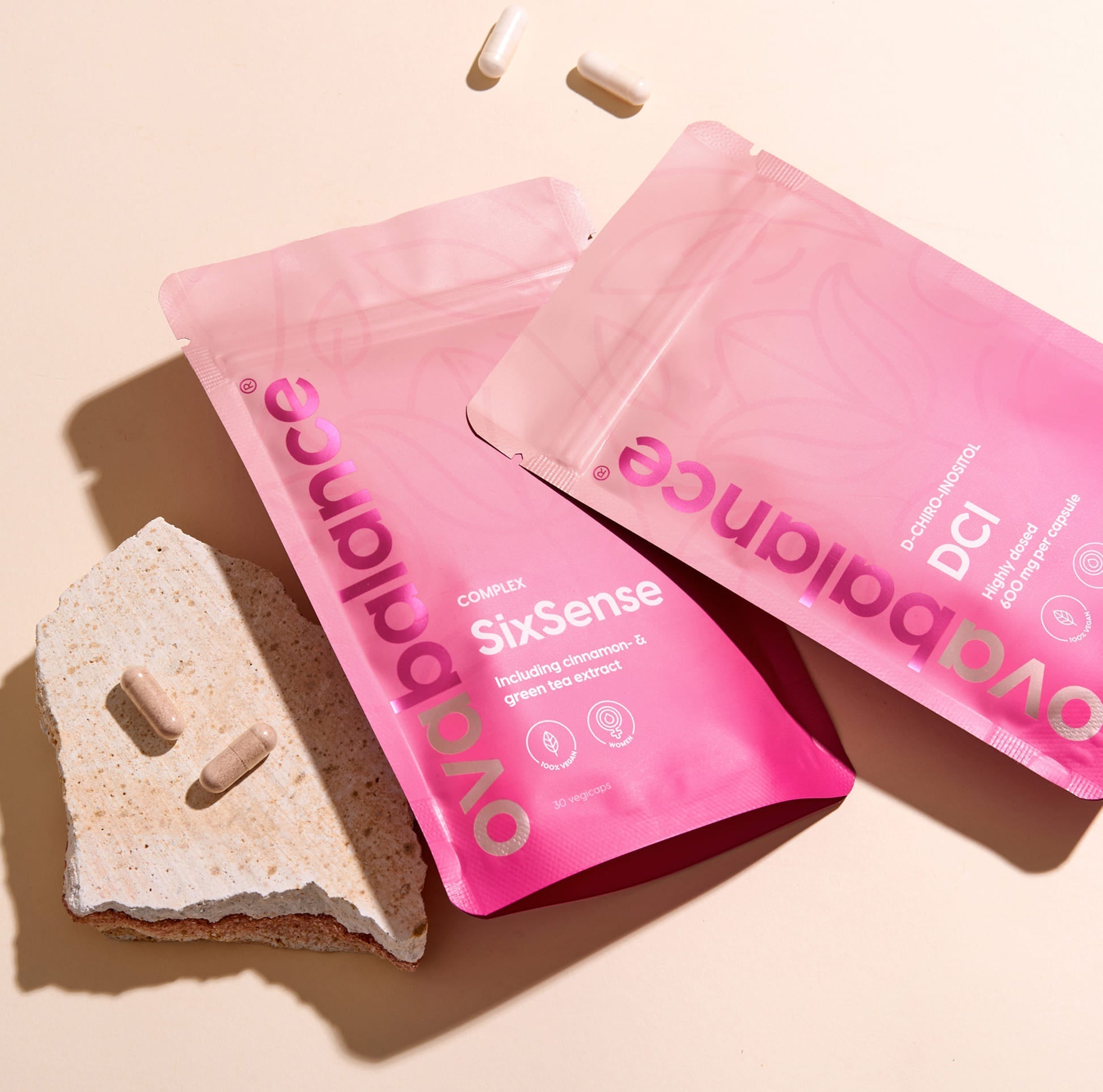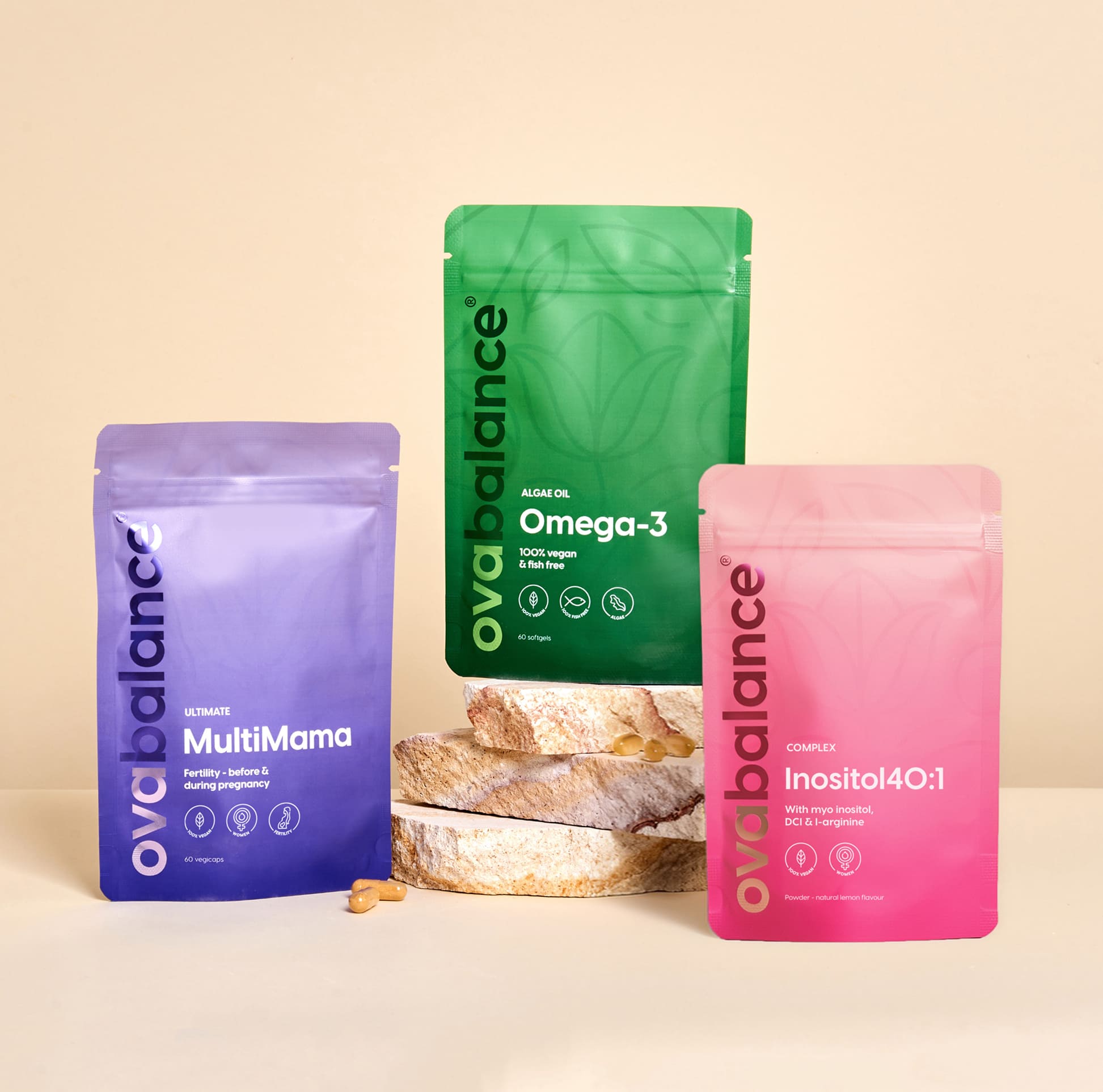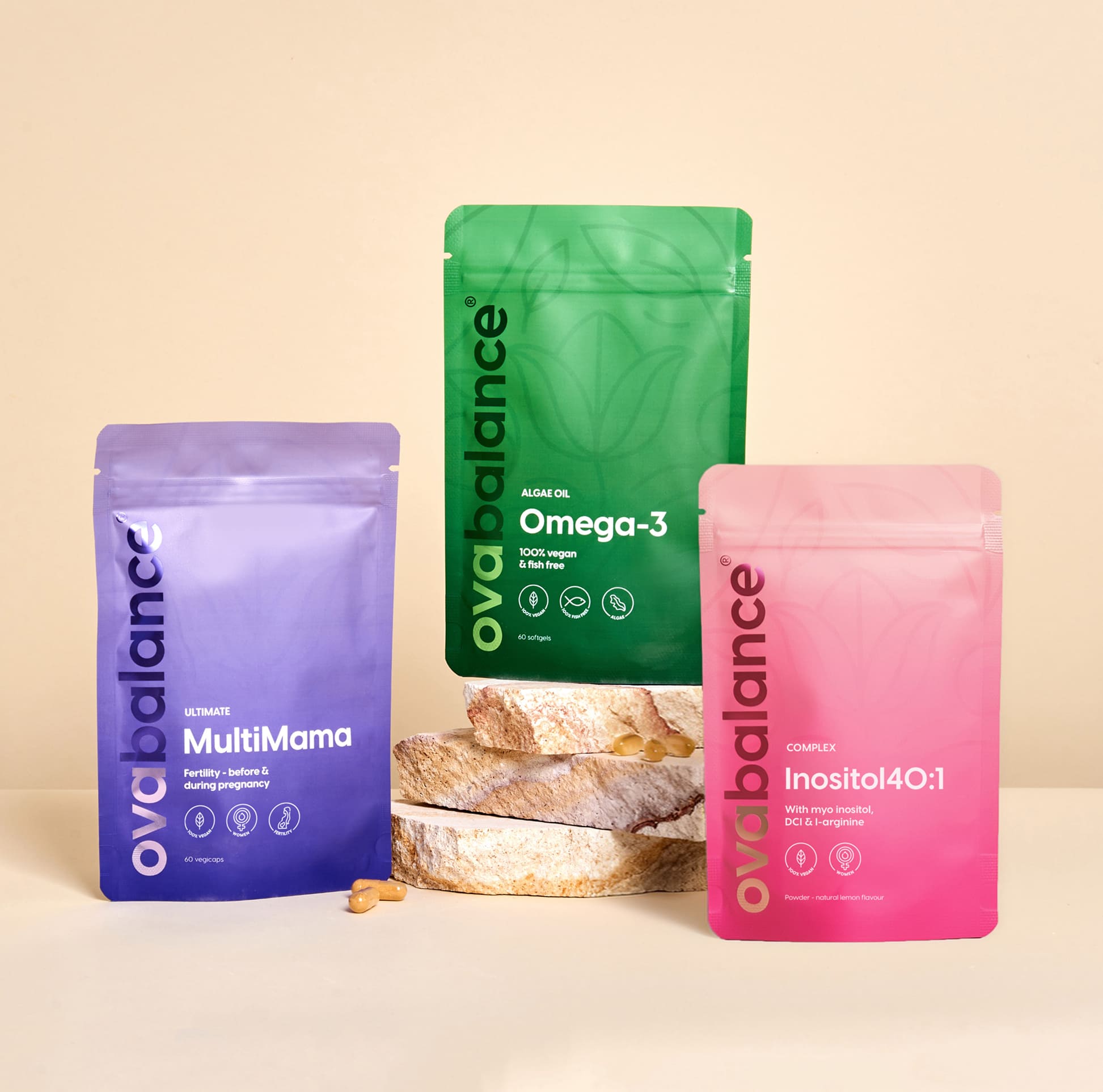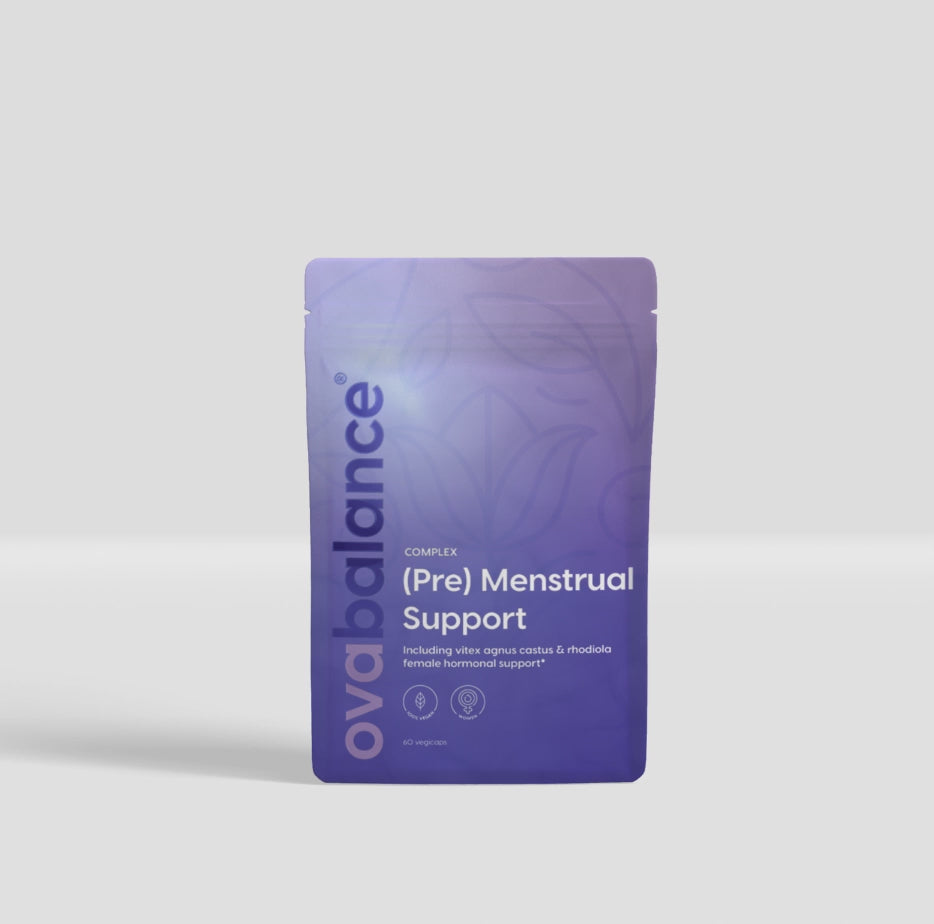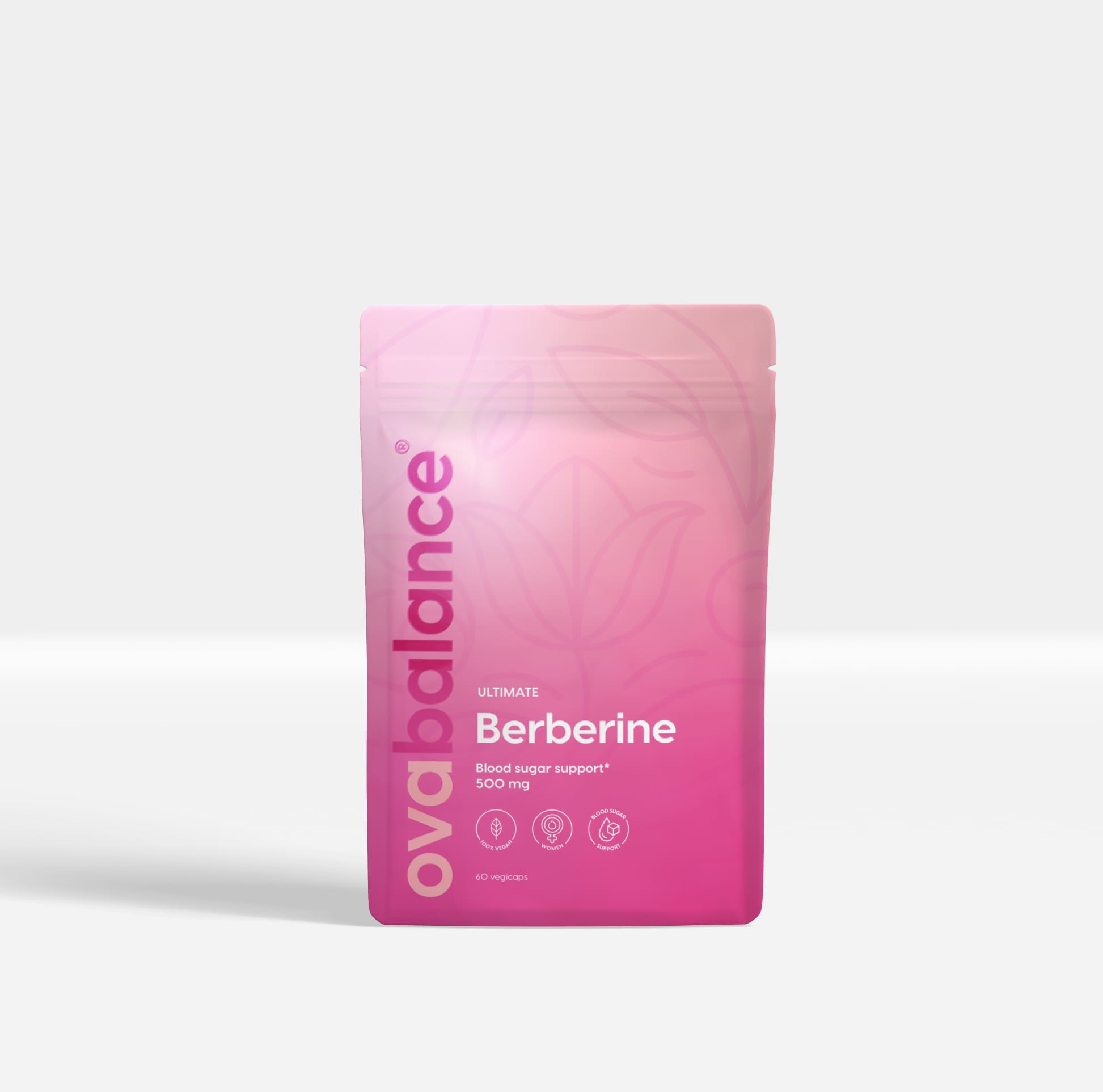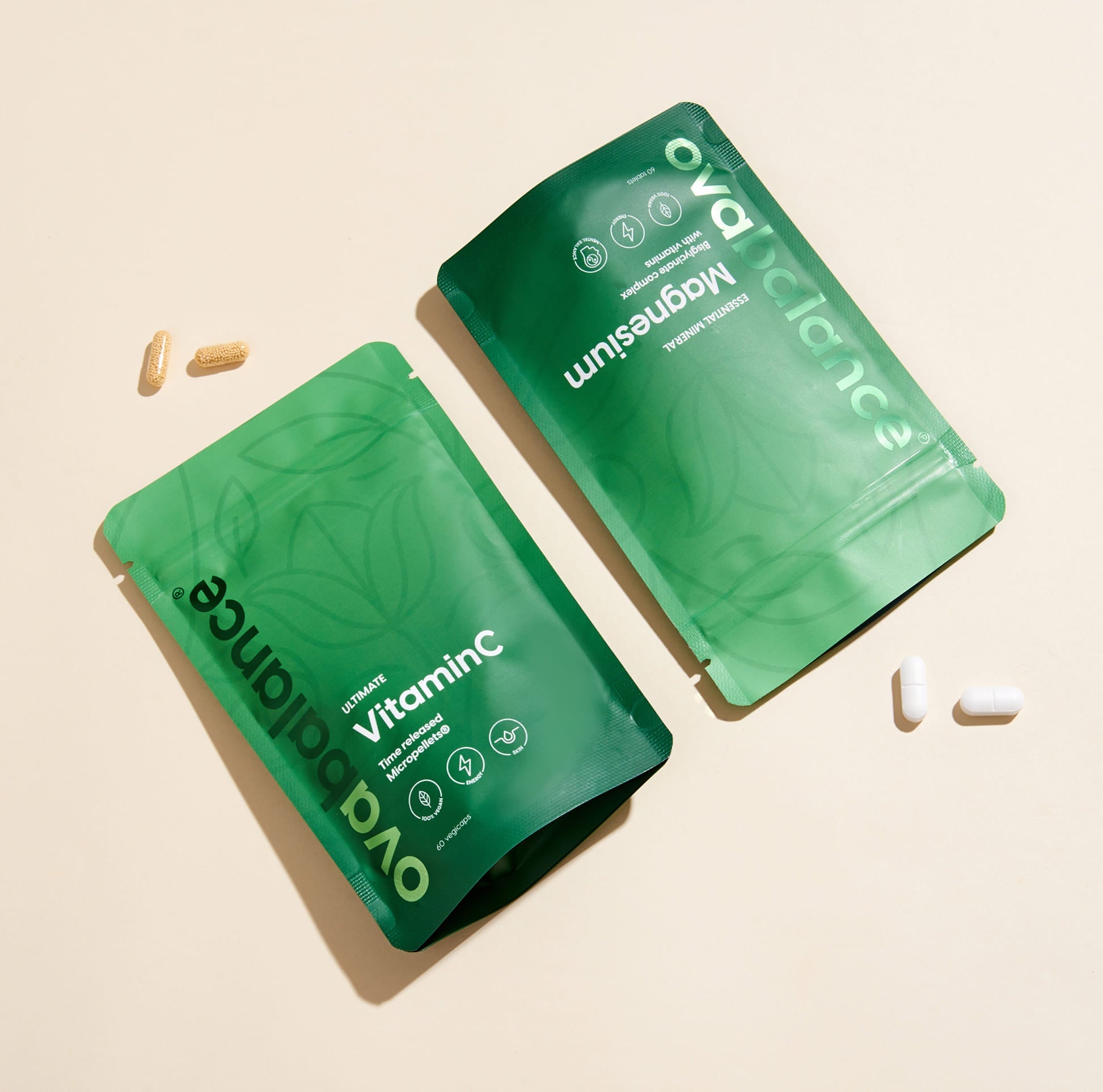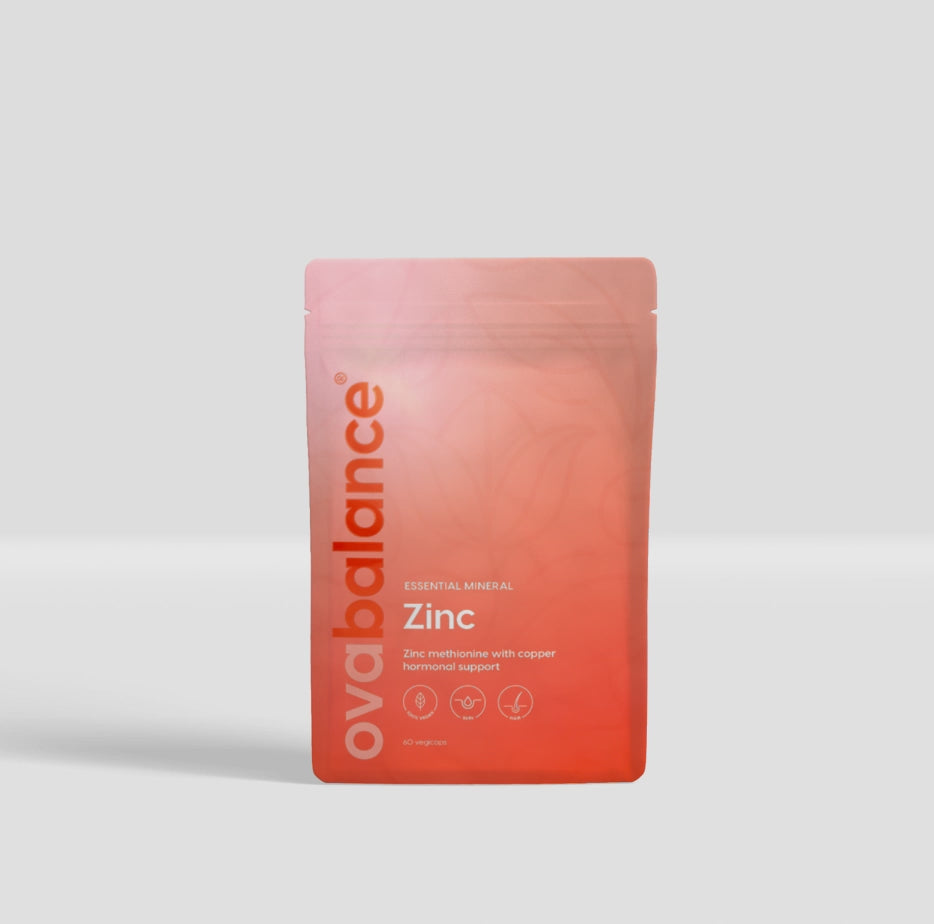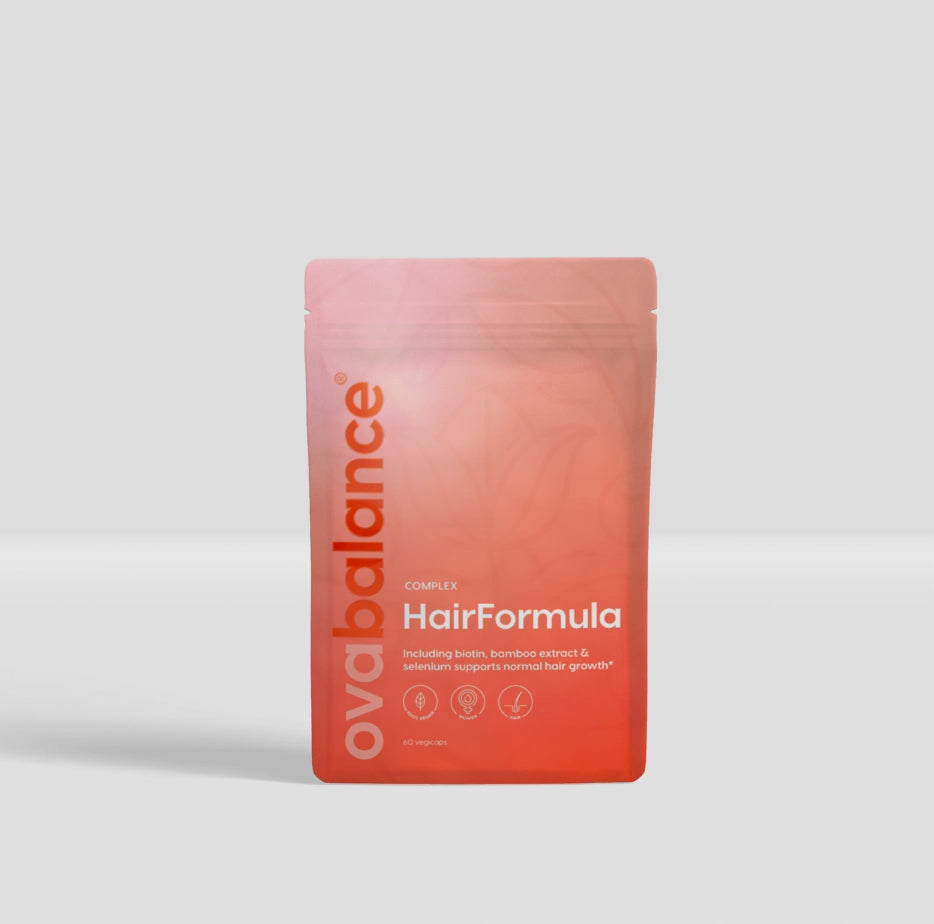

Pregnancy is a special time. After all, a baby is growing in your belly and your body is changing. Whether you are pregnant for the first time or already have experience, adopting healthy habits is important. In this article we share valuable tips with you: the do's and don'ts during pregnancy.
---
Do's during pregnancy:
-
Eat healthy: Healthy food and a balanced diet is important during your pregnancy. Your baby needs the necessary nutrients to grow. So make sure you eat healthy food that contains enough good nutrients, such as folic acid , iron, calcium and proteins. Eat a varied diet with fresh vegetables, fruits, whole grains, lean proteins and dairy products.
-
Take folic acid or a multivitamin specially developed for pregnant women: It is advisable to take folic acid during the first 10 weeks of your pregnancy. In fact: if you only have a desire to become pregnant, it is already wise to start with folic acid.
Taking folic acid increases the folate status in your blood. Folate is the active form of folic acid. A low folate status in a pregnant woman is a risk factor for the development of spina bifida in the developing baby.
-
Drink enough: Drinking enough is important to stay hydrated. Drink about 8-10 glasses of water per day. Water supports the healthy development of the baby, helps your digestion and helps prevent pregnancy ailments.
-
Exercise regularly: You can continue to exercise during your pregnancy. It is important to keep your body in good condition. Keeping your muscles strong and your stamina up to par will certainly benefit you during your delivery. Are you experiencing complications? Then discuss with your GP or midwife what forms of exercise are good for you.
Some forms of moderate exercise that are good during pregnancy include walking, yoga or swimming. There are also special pregnancy sports groups. Just Google to see what is offered in your area, or ask your midwife.
-
Get enough rest and sleep: Pregnancy takes a toll on your body, so take the time to rest and get enough sleep. A good night's sleep promotes recovery and increases your energy levels.
-
Take care of your emotional health too: Pregnancy is not just a physical challenge. It is also emotionally challenging. Make sure you get enough relaxation, for example in the form of breathing exercises or yoga. This will help you reduce stress. And talk to your partner, a good friend or a family member you trust if you are not feeling well. And don't be shy about asking for help from a professional if necessary.
Don'ts during pregnancy:
Now that we've covered the Do's, let's look at the Don'ts: the things you should avoid during your pregnancy to protect the health of you and your baby.
- Avoid alcohol, smoking and drugs: It is important to completely avoid alcohol and drugs during pregnancy. Smoking is also very unwise. Both smoking tobacco and using alcohol and drugs can cause serious harm to the unborn child.
- Limit your caffeine intake: Maybe you like to drink a cup of coffee or are you a cola fan? During your pregnancy, you can certainly consume a small amount of caffeine. But limit this as much as possible. For example, only have one cup of coffee a day. Caffeine is found in coffee and cola, as well as in tea and chocolate. You can drink herbal tea without theine in unlimited quantities. Pregnancy Support tea is a tea based on herbs that are all safe during your pregnancy.
- Avoid eating raw meat, fish and unpasteurized dairy products : These foods sometimes contain harmful bacteria, such as listeria. These bacteria can make you sick and pose a risk to your baby's health.
-
Be careful with medicines: Always ask your doctor for advice before taking medicines during pregnancy. Indicate that you are pregnant if you are prescribed a medicine. Some medicines are harmful to the baby. Also for medicines that are available at the drugstore: consult first.
Are you already using medication before you are pregnant and are you unsure whether you can use this medication during pregnancy? Discuss this with your doctor. - Avoid strenuous exercise and hazardous activities: Protect yourself and your baby by avoiding hazardous situations such as intense sports, lifting heavy objects, or exposure to harmful chemicals.
- Avoid prolonged exposure to heat: Excessive heat is not good for the baby. Avoid sauna visits if you are not used to it, hot baths or sitting in the sun for long periods (also to prevent a pregnancy mask).
Using supplements during pregnancy
To support your health and that of your baby, it is important that you eat healthily and continue to exercise sufficiently, but also that you get enough rest. In addition to adhering to these healthy lifestyle recommendations, you can give your body a little extra support with supplements. There are several vitamins that are useful for pregnant women, including:
-
Folic acid:
First of all, of course, is folic acid (or even better, its active form: folate). This is one of the vitamins that are recommended during your pregnancy. As you have already read above, it is even important to start using 400 micrograms of folic acid per day before your pregnancy. -
Vitamin D:
Vitamin D is also recommended during pregnancy. You should consume 10 micrograms of this daily. -
Choline:
Choline plays a role in various bodily processes. Also during your pregnancy. When you are pregnant, your need for various nutrients is somewhat higher than normal. This also applies to choline. Want to know more about the benefits of Choline during pregnancy? Then read the article 'Choline supplementation during pregnancy'.
A good supplement for pregnant women always contains vitamin D and folic acid. Ovabalance Ultimate MultiMama is such a multivitamin that has been specially developed for you as a pregnant woman, or woman who wants to have children. In addition to the right amount of folic acid (folate) and vitamin D, it also contains Choline and Magnesium. Nutrients that you need more of than normal during your pregnancy.

In addition, it is advisable to opt for an omega 3 supplement obtained from algae oil. Omega 3 supports the brain development and the development of the eyes of your child. If you as a mother take 200 mg fatty acid DHA on top of the recommended daily amount of 250 mg DHA/EPA, this contributes to the development of the brain and eyes of the unborn baby. You can read more about omega 3 during pregnancy in this article.
Of course, it is important to realize that pregnancy vitamins are not a replacement for your healthy diet and lifestyle. So keep eating and living healthy.

